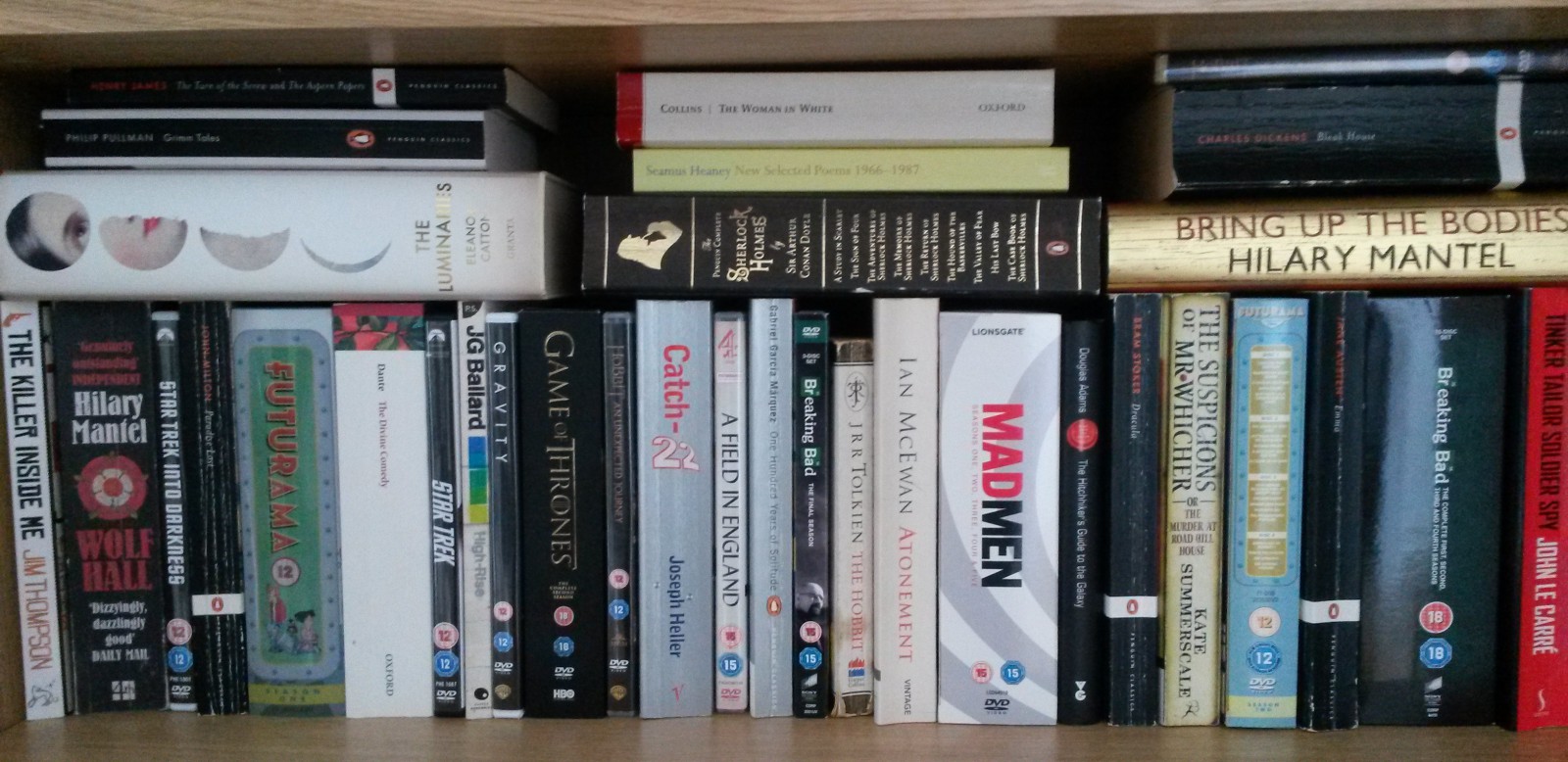*Big plot spoilers below!*
A skeleton is unearthed on a building site in London, landing DCI Cassie Stuart and DS Sunil Khan with the unenviable task of trying to solve a murder that took place almost 40 years ago.
The opening episode was a genuinely brilliant bit of telly, illustrating the difficulties of investigating events that took place decades ago. There are doubts as to whether there should be an investigation at all – very time consuming and expensive, key details may have been forgotten, evidence lost. Is it solvable? Is it worth the effort? When does a case become ‘historical’? Cassie reasons that if there is someone still alive who suffered because of that crime, then the police have a duty to investigate.
Through some very nifty forensic work, we discover the identity of the deceased: 17 year old Jimmy Sullivan, a Liverpool lad who came to London in hope of a better life. The show does a very fine job establishing all the major players, showing their disparate lives before pulling them all together as potential suspects in Jimmy’s murder. It’s a lot to cram into an hour, but it was very deftly handled and left me desperate to discover how it would all pan out…
The script is excellent, but the quality of the cast just takes it up a level. There’s an amazing scene of Claire (Gemma Jones) being interviewed by Cassie (Nicola Walker), pushing a photo a Jimmy back and forth as Cassie tries to coax a confession, while Claire gives nothing away. Is she lying, or has she genuinely forgotten? My money’s on the latter, but the tension is breath-taking.
The identity of the murderer may sound silly on paper, but was wholly convincing on the screen. The entire cast has been excellent, but Gemma Jones and Tom Courtney (Eric) have been particularly marvellous. They showed a lifetimes worth of bitterness and regret; two people who have caused each other so much pain, yet remain bound together. Claire’s visible deterioration was pitiful – so much fear in her eyes – and Eric was by turns loathsomely deceitful and pathetic.
The link between Claire’s dementia and Jimmy’s murder – the past lurching forward and dominating the present, eating away at her self-control and peace of mind – could have been clumsy, but I thought it was gracefully done. And it emphasised the way everything gets blurred by the passing of time. There are no neat resolutions for Claire and Eric. Or for Maureen. She gets to lay her son to rest, but no trial.
The resolutions were mostly satisfying. Sir Phillip finally gives up when his shady past catches up with him. It fitted his character to try and control the manner of his departure, avoiding the shame of a murder conviction, and denying his many enemies the chance to finish him off.
But Father Greaves got off far too easily in my book. He was the biggest hypocrite in the story, and never showed any remorse. He was sorry he got caught, but I was never convinced that he regretted what he’d done. Maybe the family just found it easier to forget and move on, but it did feel a bit contrived.
I enjoyed the Lizzie strand the most. The idea that you can move beyond past mistakes, even if you can’t undo them. She had done awful things, but you got the sense that she truly felt guilty. That she had developed a moral centre, and her actions became repulsive to her. She lied because she was ashamed, because that was not who she wanted to be. So, Beth became Lizzie. Powerful image of her getting ready in the morning, benign face in the mirror, putting on rings to cover the Skinhead tattoos on her fingers. I liked the idea that it was Curtis and Ray that brought her back into the world, that love was stronger than hate. Yeah, bit neat, but it was heart-warming all the same.
This was a real strength throughout the story – the way you can’t help but pity people, even while you know that they have done terrible things. Motives are complex, and sometimes people really do change. Don’t they? Sir Phillip was arrogant and violent, still happy to order a hit if it got him out of trouble. But he maintained that he did what was necessary to escape a world of poverty and coercion. He wanted his children to have a better life than him, and he succeeded. That says a lot about him, but it says a lot about the world we live in too.
The story was also great at showing the way events ripple out, effecting people even years afterwards. And how lies stack up. In most murder mysteries/police dramas, only the killer has secrets. But here (like in the also excellent Broadchurch), everyone has something to hide, and uncovering the ‘truth’ can be devastating even for those who haven’t done anything wrong.
It makes you realise what a slippery concept justice can be. Is it trying to undo the wrong that has been done? Reducing the damage? Preventing further harm? Does punishment always contain an element of vengeance? Is Claire’s ‘situation’ punishment enough?
Both thought provoking and satisfying, then. What more could you ask for? But what did you think of Unforgotten? Did you enjoy the performances? Did you like the neat endings, or feel short-changed? Let me know!
